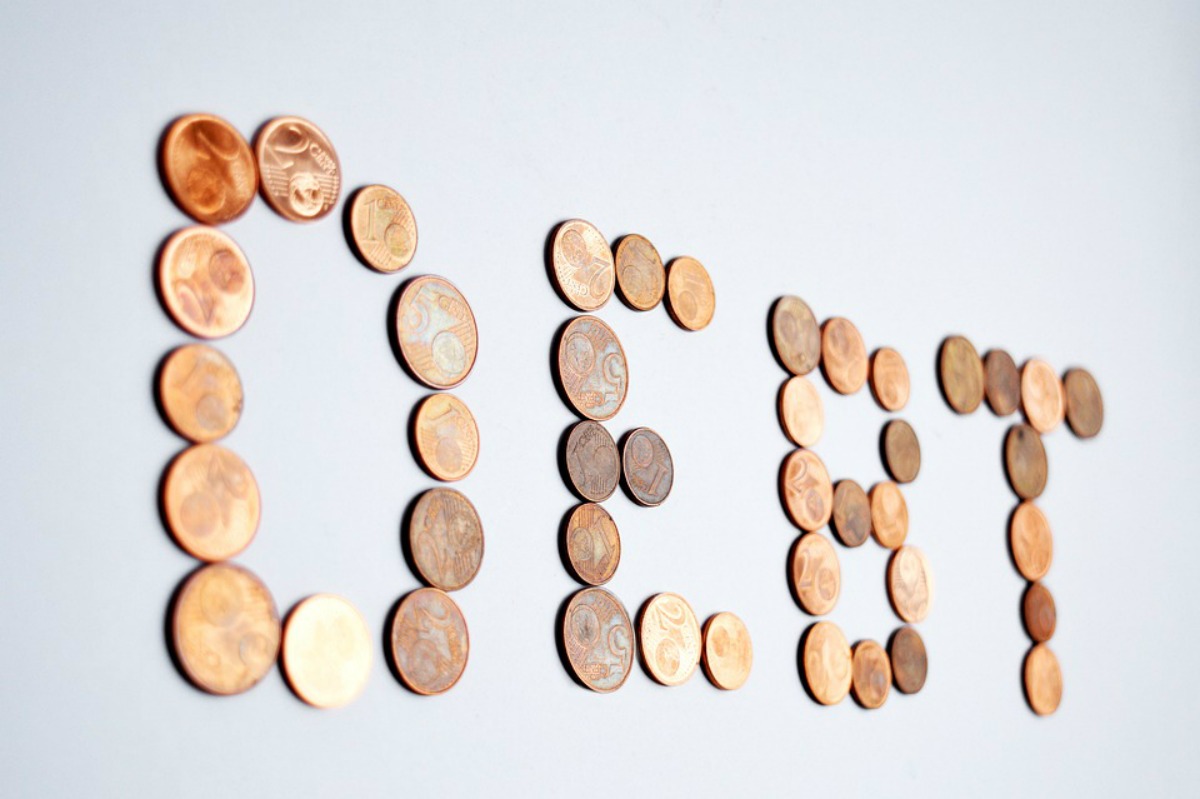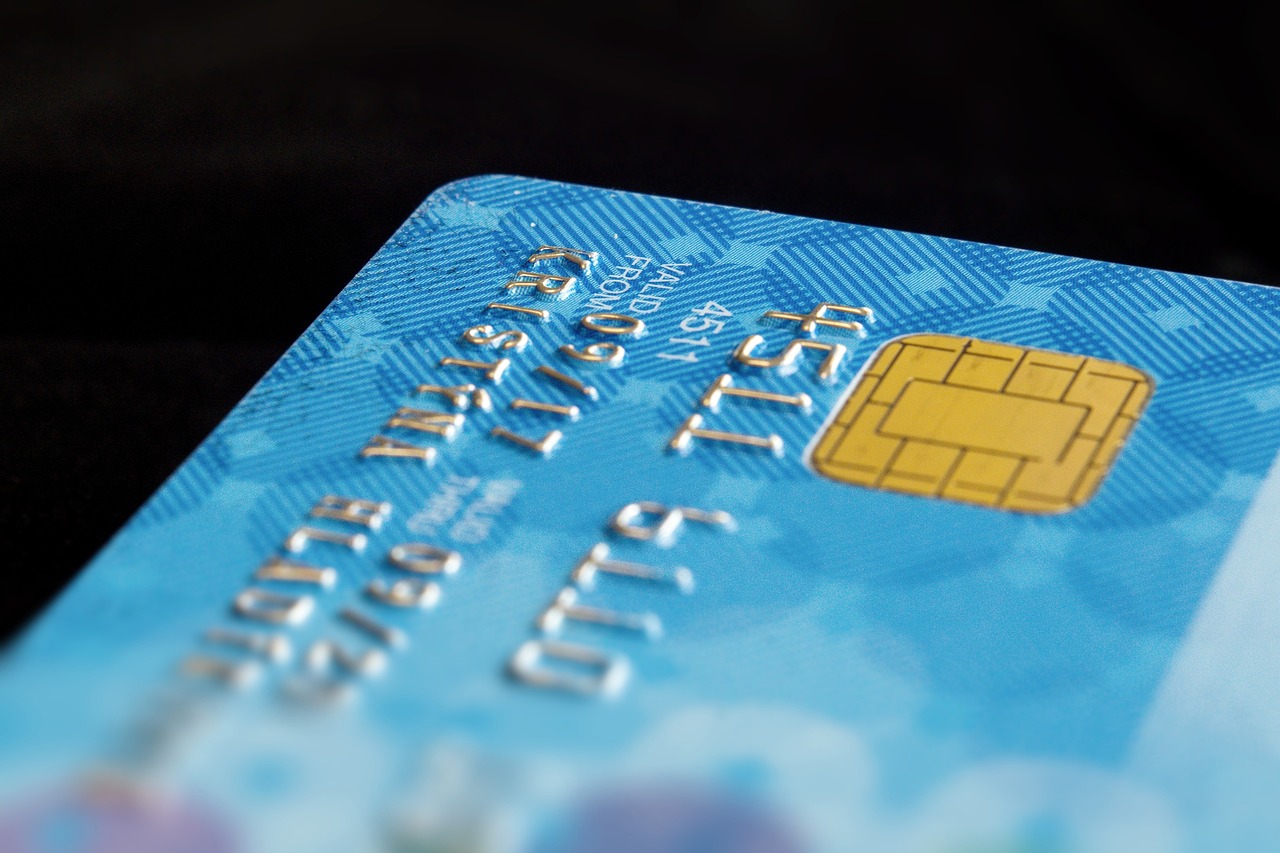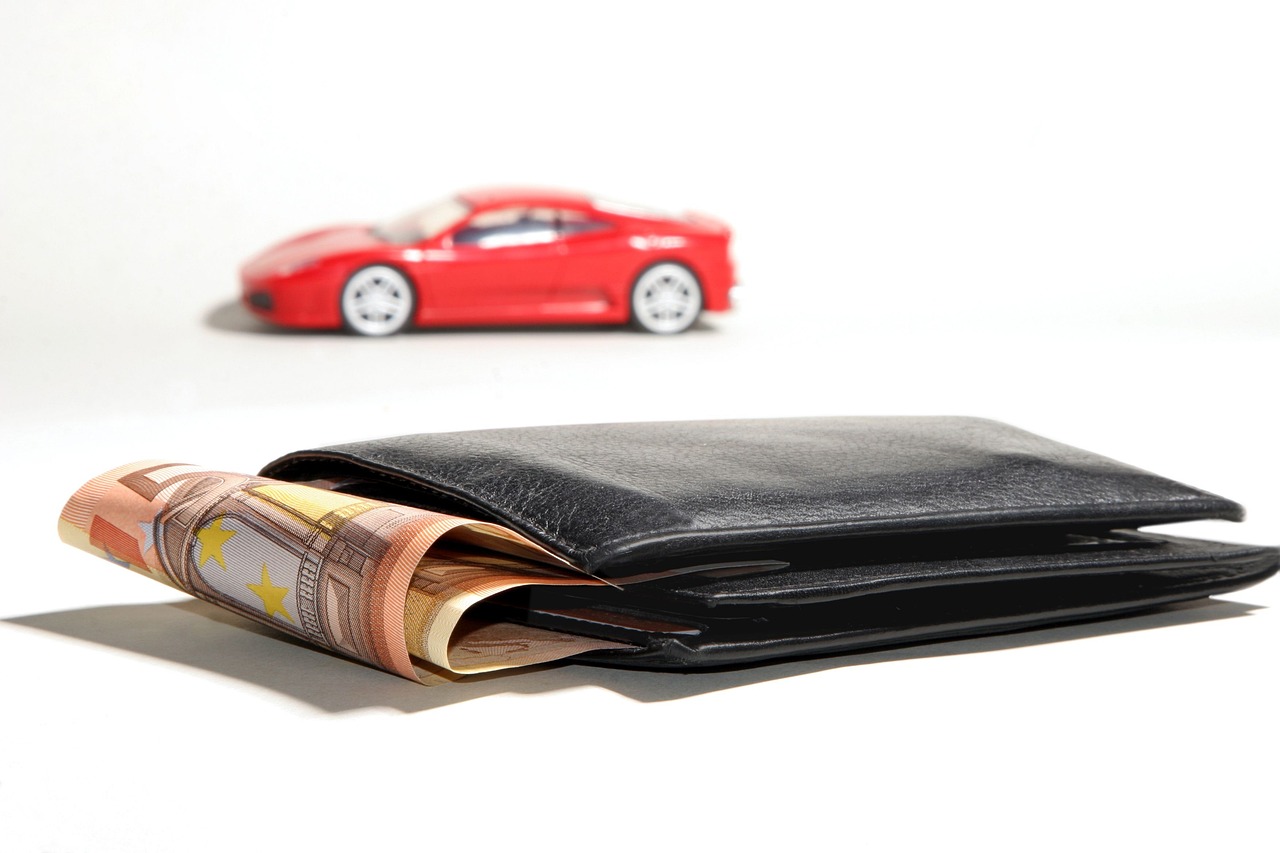Consolidating Debt: A Simplified Approach to Financial Relief

The debt burden in our country is going on at an increasing pace. As a country, we are more than $20 trillion in debt, with most of it to the Chinese.
At a household level, the extremely low-interest-rate has stretched our debt to more than $13 trillion. These debts range from auto loans, student loans, to credit card debts. At the same time, the delinquency rate is increasing at a time when interest rates are going up.
If you are struggling in debt, you have several options to deal with it. You can work for more hours, raise money from your family and friends, and even do side gigs like driving for Uber, transcribing, and renting out your spare room.
Another option regularly talked about is debt consolidation. You have probably watched some of their ads about these services.
Here is everything you need to know about debt consolidation.
What is Debt Consolidation?

Debt Consolidation is the process of combining multiple unsecured debts into one. These debts could be credit cards, medical bills, payday loans, and personal loans.
By doing this, you will pay one monthly payment instead of the usual four payments.
What are the Benefits of Debt Consolidation?
By combining multiple debts into one, you get several benefits.
First, by consolidating your debt, you reduce the number of checks you write per month. If you have five debts, by combining, you write out one check. This helps reduce the charges associated with debt like a late payment or forgetting to pay a loan.
Second, consolidation can help reduce the interest you pay on your unsecured debt. As mentioned before, to consolidate debt, you take one loan, pay off the other loans, and then start paying the new loan. Most times, the new loan will have a lower interest rate than the other loans.
Third, debt consolidation will help reduce the number of calls you receive from your creditors. Like so many people, we all hate calls reminding us to pay our debt. If you have multiple debts, there is a high chance that you regularly receive these calls from all your creditors. By consolidating, you can expect to receive just one call.
Finally, studies show that debt consolidation can help you improve your credit score.
How to Consolidate

The first step in debt consolidation is to figure out the total amount of money you owe to all your lenders. If you owe just two lenders, it might not make a lot of sense to consolidate the debt.
After this, you need to find out the options you have.
First, you can decide to use a 0% balance transfer card. This is a card that charges no interest for a specified period of time, often 12 to 18 months. After buying the card, you are asked to transfer all your credit card loans into it. For a specific duration, the card will not charge you any interest rate.
However, to get this card, you need to have an excellent credit rating, often above 690. Some of the most common balance transfer cards are BankAmericard® Credit Card, Discover it®, Chase Slate, and The Amex EveryDay® Credit Card among others.
Second, you can take a personal loan to pay all your outstanding debt. To do this, we recommend that you check out the interest rates offered by local credit unions or regional banks. You can also consider online-only lenders. Only follow this option if the interest is lower or equal to the other debts.
Third, you can take a Home Equity Loan (HELOC). This is a loan or line of credit you take on the equity of your home. Most financial institutions will give you this loan without a long process because if you fail to pay, they will have an asset to dispose of. Typically, a HELOC needs interest-only payments during the draw period which ranges from 10 to 20 years.
As a last resort, you can take a 401 (K) loan. Taking this loan can significantly impact your retirement. A key benefit about this loan is that it won’t show up on your credit report. The drawback is that if you fail to pay, you will have a high penalty and a huge debt.
Is Debt Consolidation Always a Good Option?
In most debt consolidation ads, you will often hear the benefits of debt consolidation and how good it is for you.
The reality is that debt consolidation is not always the best option. On this, the calculations are simple.
If the new loan you get will require you to pay higher premiums for a longer period, you are better off paying the loans separately.
In other words, a good debt consolidation plan allows you to pay fewer installments and lower interest.
Who Qualifies for a Debt Consolidation Loan?
Anyone can qualify for such a loan. If you decide to use a balance transfer card, you need to have an excellent credit rating. If you don’t, you can use the other options mentioned above.
What Else Should You Do?
You are likely consolidating your debt because you want to start afresh. You won’t achieve this if you don’t change your ways.
First, we recommend that you look at your habitual spending and make some adjustments. If you are used to daily coffee outings, and weekend partying sprees, we suggest that you stop.
Second, we recommend that you start disposing of items you don’t need. If you have two houses, sell one. If you have two cars, sell one. If you have loads of junk in a storage facility, sell them. In other words, assess your lifestyle and get rid of everything you don’t use.
Third, start thinking of other ways to supplement your income. Fortunately, there are multiple ways to make money that don’t require a lot of your time. For example, you can register your car with Uber and every day as you leave for work, carry a paying passenger. Alternatively, you can rent out a spare room to a stranger, sign up as a transcriber, start a blog or a vlog, and even sell stuff on Amazon.






